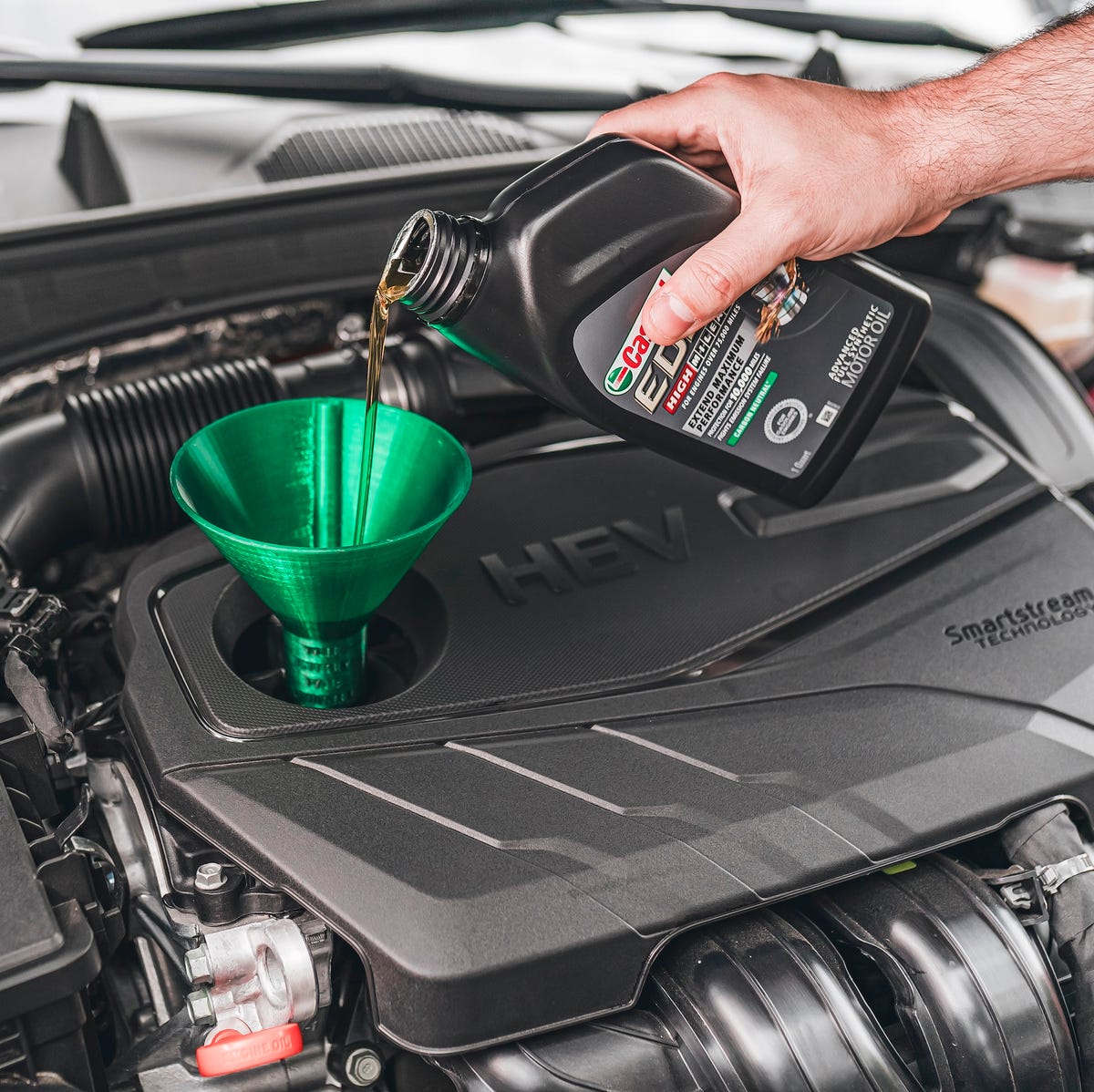Maximize Your Car'S Efficiency With Routine Oil Modifications
Keeping your automobile's efficiency is a multifaceted undertaking, with regular oil modifications standing out as an important element. Fresh engine oil plays an essential duty in ensuring optimum lubrication, decreasing friction, and protecting against wear on important parts. Many vehicle drivers ignore the signs that indicate a need for an oil modification, potentially jeopardizing their automobile's durability.
Relevance of Normal Oil Modifications
While many auto owners might overlook the significance of normal oil modifications, disregarding this crucial maintenance task can bring about severe repercussions for engine efficiency and long life. Engine oil plays a vital function in lubricating relocating components, minimizing rubbing, and preventing overheating. Over time, oil wears away because of exposure to warm and contaminants, which reduces its effectiveness.
Stopping working to change the oil routinely can lead to the accumulation of sludge and particles, which can block vital engine parts and lead to boosted wear. This not just jeopardizes engine performance however can likewise lead to expensive repair services or perhaps overall engine failing. In addition, old oil loses its capability to counteract acids generated throughout combustion, which can lead to corrosion and further damages.
In addition, lots of lorry suppliers recommend specific oil adjustment periods, typically based upon gas mileage or time. Abiding by these standards is vital for keeping guarantees and making sure ideal lorry performance. In recap, routine oil changes are not simply a suggestion; they are an essential part of accountable lorry upkeep that secures the engine and improves general efficiency. Prioritizing this task will certainly add dramatically to the durability and integrity of any type of automobile. Oil Change Lockhart.
Benefits of Fresh Oil
Transforming to fresh oil uses numerous advantages that straight boost engine efficiency and performance. One of the primary benefits of fresh oil is its premium lubricating residential or commercial properties. New oil minimizes friction in between engine elements, which not just decreases wear but additionally adds to smoother operation. This leads to enhanced fuel effectiveness, as the engine does not have to function as hard to get over resistance.
Furthermore, fresh oil properly cleanses the engine by putting on hold contaminants and preventing sludge build-up. In time, oil ends up being infected with dust, steel particles, and combustion by-products. Frequently replacing oil makes sure that these hazardous compounds are gotten rid of, advertising a cleaner and healthier engine environment.
Additionally, fresh oil aids in optimal temperature level law. It dissipates heat better, avoiding getting too hot and possible damages to engine elements. This is specifically vital during peak efficiency scenarios, where warm buildup can impair engine capability.
Indicators Your Oil Requirements Transforming
Engine oil is the lifeline of your automobile, and acknowledging when it requires altering is vital for maintaining optimal efficiency - Oil Change Lockhart. Numerous signs show that it's time for an oil adjustment, and staying vigilant can prevent engine damages and costly repair work
First, examine the shade and uniformity of the oil. Fresh oil is usually amber and smooth, while old oil might appear dark and abrasive, indicating contamination and minimized effectiveness. An adjustment in viscosity can additionally symbolize that the oil has actually damaged down and is no much longer effectively oiling engine elements.

An additional warning indicator is the oil modification light on your control panel. This sharp functions as a reminder that the oil has actually reached its life expectancy or that there is a hidden problem needing focus. In addition, uncommon engine noises, such as knocking or ticking, may suggest inadequate lubrication because of degraded oil.
Last but not least, if you see oil areas or puddles under your vehicle, it might indicate a leak see this that demands immediate evaluation and possible oil modification. Being alert to these signs will certainly ensure your engine runs efficiently and successfully.
Selecting the Right Oil
Selecting the proper oil for your automobile is important for making certain ideal performance and long life. This assistance will guide you toward the correct thickness quality, such as 5W-30 or 10W-40, which shows the oil's thickness at various temperatures.
Next, take into consideration the kind of oil: standard, artificial, or a mix. Conventional oil is derived from unrefined oil and appropriates for older lorries, while synthetic oil uses premium protection and efficiency for modern-day engines, particularly under extreme conditions. Synthetic blends integrate the advantages of both and are frequently a cost-efficient option.
Additionally, search for oils that meet market criteria, such as API (American Oil Institute) or ACEA (Association des Constructeurs Européens d'Automobiles) qualifications. These signs guarantee that the oil has been tested for quality and performance. Eventually, selecting the best oil official statement not just boosts engine efficiency but likewise contributes to the general health of your vehicle, leading the way for smoother driving experiences.
Oil Modification Frequency Recommendations

Elements affecting oil adjustment regularity consist of driving problems, such as stop-and-go website traffic, extreme temperatures, and lugging heavy tons. Under serious conditions, it could be prudent to alter the oil more frequently to stop engine wear. Furthermore, some modern-day vehicles come outfitted with oil life monitoring systems that give individualized recommendations based on driving practices, which can further optimize the oil modification timetable.
It's vital to consult your proprietor's guidebook for certain suggestions tailored to your automobile. Abiding by these standards not just protects engine health yet additionally enhances gas efficiency and minimizes discharges. Finally, routine oil modifications, timed suitably based upon different elements, are a basic element of vehicle maintenance that can dramatically impact performance and long life.
Conclusion
